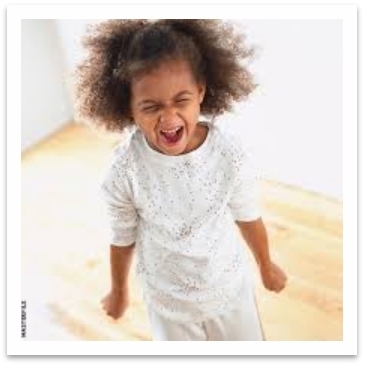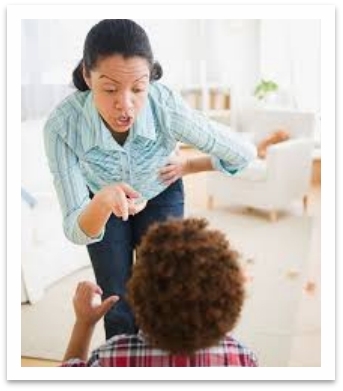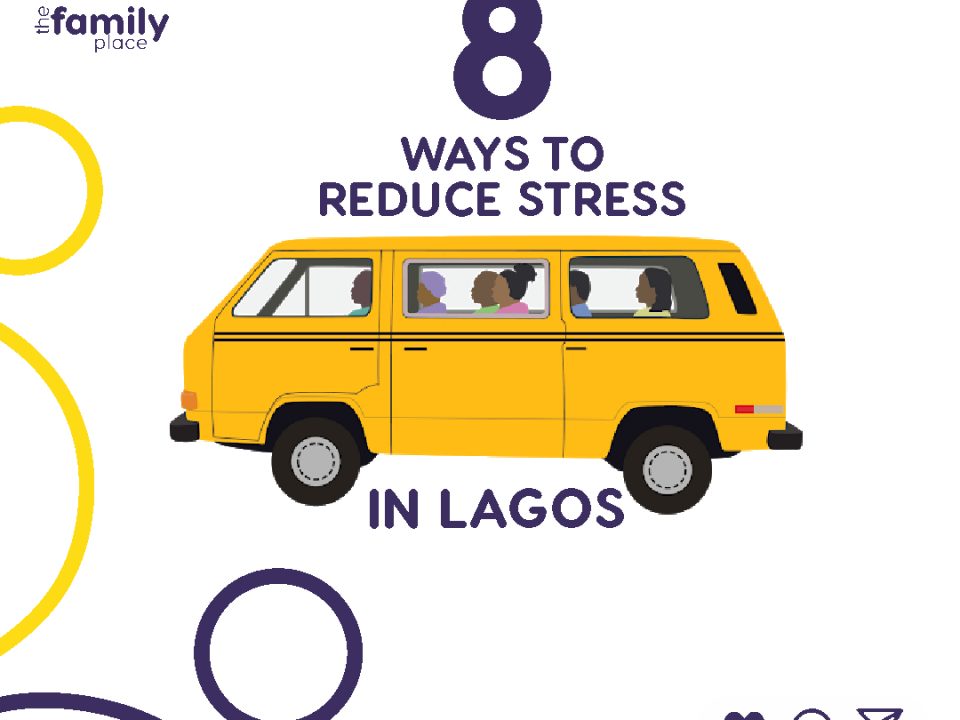Are you a Creating a Monster?

STRESS: 8 THINGS EVERY LAGOSIAN NEEDS TO COMBAT STRESS
April 19, 2021Are you a Creating a Monster?

Do you ever look at your child and wonder “where on earth did she get such an attitude/temper?” “Why is he so fearful?” “How can I ever get across to this child?” “How can I ever get this child to stop misbehaving?”
Parenting is probably the most difficult profession and every well-meaning parent strives to raise well behaved children. There are no hard and fast rules when it comes to raising children, because every child is unique. However, there are certain skills that parents might develop to help make parenting easier, and most importantly enable them positively influence the social-emotional health of their children. These skills are beneficial in raising healthy, responsible children. One of such skills is Emotional Intelligence (EQ).
EQ simply means mastery of one’s emotions, as well as the emotions of others. As humans, we experience the whole gamut of emotions every now and then and if we are not able identify and express these feelings effectively, we become overwhelmed and confused. Children are no exceptions, as they also experience these range emotions and as parents, you need to help them identify and express their feelings effectively. Effective parenting involves emotions; both yours and those of your child. Being emotionally intelligent as a parent means being aware of your children’s feelings, empathizing with them, soothing them and guiding them to express their feelings effectively. More often than not, parents focus on addressing misbehaviour and employ the use all forms of discipline to no avail. Shifting your focus from the behaviour and trying to identify the feelings underneath the behaviour will prove to be more effective. Children are inherently good and don’t just set out to get on your nerves. They desire warm and happy interactions with their parents. More often than not, misbehaviour comes from overwhelming feelings or unmet needs. If you don’t address the feelings and needs, they’ll eventually erupt, causing other behavioural problems.

According to psychologist Daniel Goleman, “Family life is our first school for emotional learning.” Children learn most lessons about emotions from their parents. Beyond what you say or do directly to your child, you serve as a model to your child, because children observe their parents’ behaviours and learn more from them. So the next time you find yourself wondering where your child picked up a particular habit, you might do yourself a favour to examine yourself closely. How do you manage your feelings and those that pass between you and your spouse? Children’s brains are constantly being wired and rewired by the experiences made available to them. Therefore, parents have to be intentional about teaching and modelling appropriate behaviour.
Psychologist John Gottman in his extensive research on parent-child interactions, concluded that parents fall into two categories; those who give their children guidance about the world of emotion and those who don’t. Where do you fall?? He referred to those in the first category as “Emotional Coaches; Much like athletic coaches, they teach their children strategies to deal with life’s ups and downs. They don’t object to their children’s displays of anger, sadness, or fear. Nor do they ignore them. Instead, they accept negative emotions as a fact of life and they use emotional moments as opportunities for teaching their kids important life lessons and building closer relationships with them.” Children desire an emotional connection with their parents. They need their feelings to be validated. However when parents dismiss their feelings, it gets them confused. And then they learn that feelings are not important. They know something is wrong, but they can’t figure it out and mummy or daddy don’t think it’s important. It is this confusion and feeling of overwhelmingness that sometimes translates into an outburst or misbehaviour.

When you nag, yell, criticize or hit your child out of anger, when they misbehave, your child learns to do the same thing in response to you, because of observational modelling. Hitting and yelling at your children out of anger communicates to them that it’s ok to hit loved ones when you are not happy with them. Rather than send the message of correction across, it actually builds anger and resentment in them. Emotional coaches raise emotionally intelligent children who are able to regulate their emotional states, soothe themselves when they are upset, relate well with peers and elders and understand the feelings of others.
There might be somebody reading this and thinking “Abeg this is Naija, all these oyinbo tins no dey work. Which one be emotions in this matter??” Truth be told, we Naija peeps are not very emotional. However, children are largely a product of their experiences, so it’s not really about the country where a child is born but about the experiences encountered. Besides if your approach to discipline and correcting misbehaviour hasn’t been fruitful, it doesn’t hurt to try something new 😉

Imagine a child who grows up in an environment where the parents talk down at the house help, yell and treat each other with contempt when they are upset, they dismiss the child’s feelings and even rain abuses on him when he misbehaves. Initially it is scary for the child, but after being in such a toxic environment for a while, he begins to believe and understand that to be the norm and he begins to adopt this style in his relationships with others and gradually transforms into a “monster!” A monster is incapable of feeling. He can’t empathize and he treats others without consideration. He is scary and makes life miserable for everyone he comes in contact with, therefore people avoid him. He can’t sustain meaningful relationships because he just doesn’t know how. Do you know that one person in the office, maybe a boss or colleague that no one can stand because they are so “mean and evil?” It all started from their upbringing, and they are behaving based on the experiences that have wired their brains from childhood. Do not let your child be that person in the next couple of years!
Now, go ahead and spend the next couple of minutes reflecting on how you have managed your emotions and those of others. How do you treat others when you’re upset? How do you express your anger, fear, sadness, disappointments, and or frustrations? More importantly, are you actually able to label those feelings when you experience them? Do you allow yourself to experience feelings or do you just numb them and move on? If you are having trouble finding answers to some of these questions, it might help to observe your “mini meJ.” Emotions are a huge part of our makeup and they’re essential for survival. Any individual who is not in touch with his/her emotions, lacks social-emotional competence and does not have the capacity to form meaningful relationships. Such an individual may be likened to a monster!


